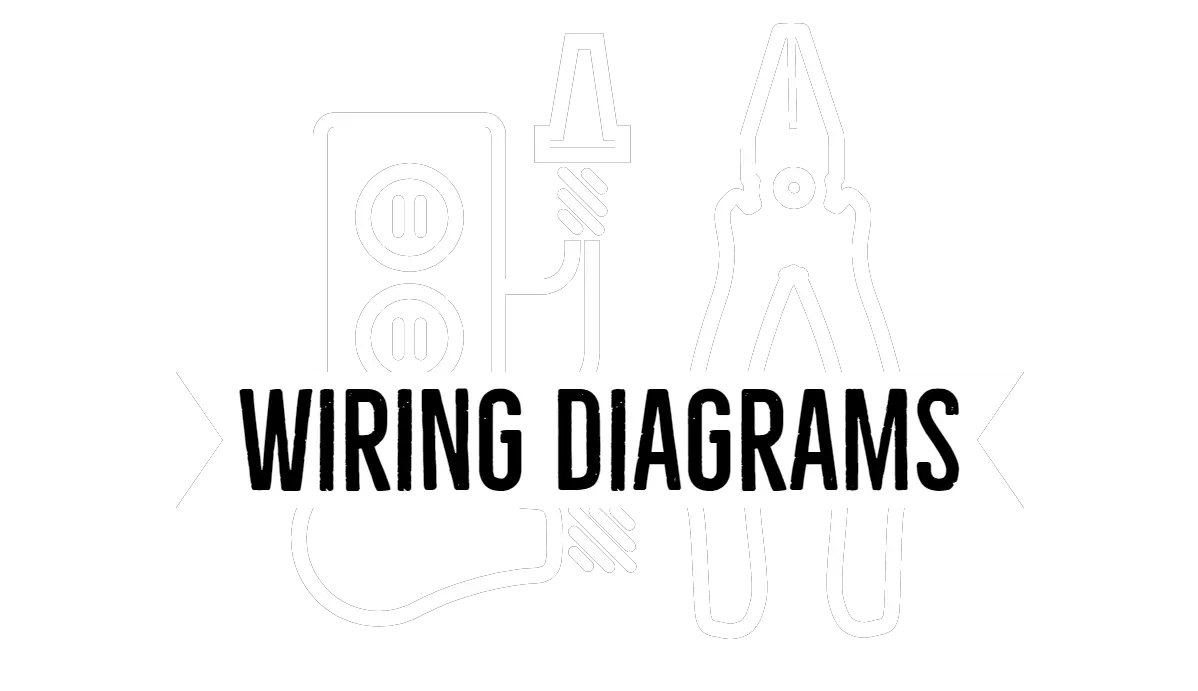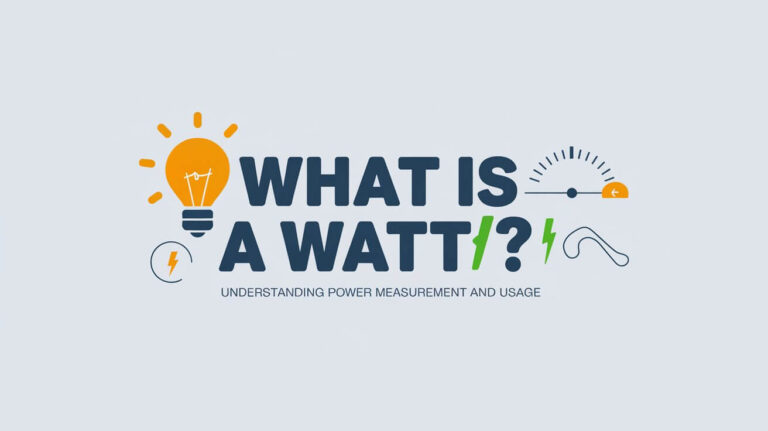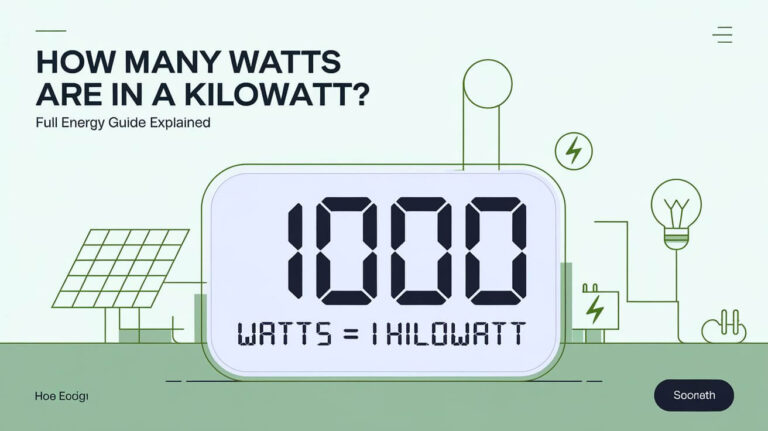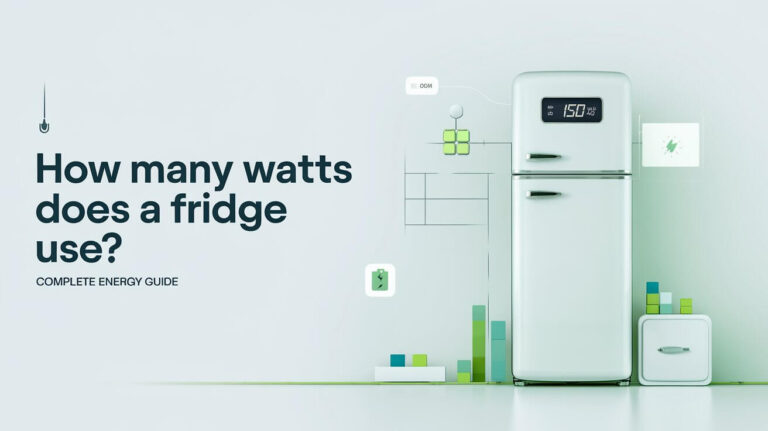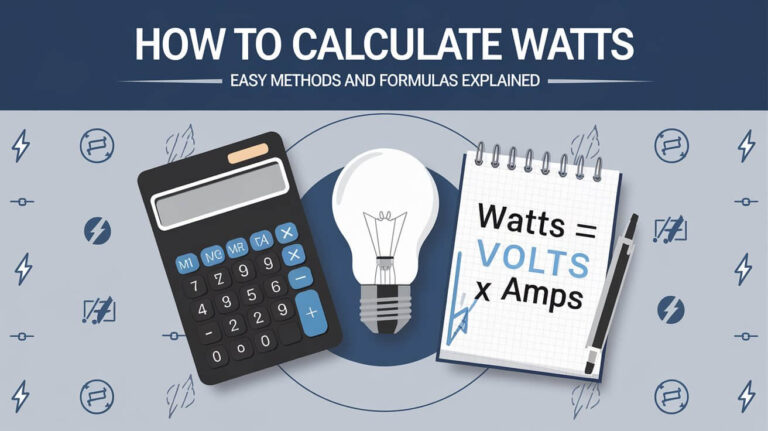How Many Watts Does a Refrigerator Use? Full Guide & Tips
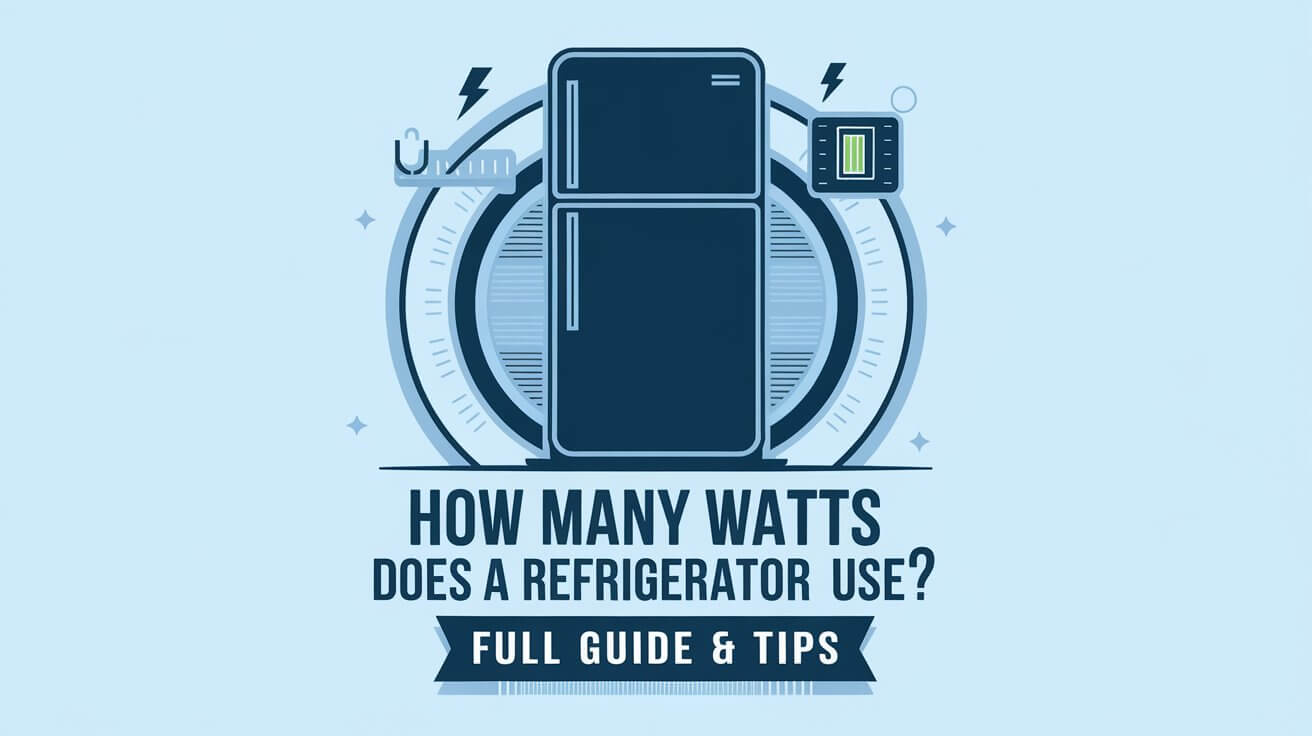
Understanding the energy consumption of a refrigerator is key for managing household electricity usage and costs. On average, refrigerators use anywhere from 300 to 800 watts of electricity, depending on factors such as size, age, efficiency, and model. Larger, feature-rich refrigerators like side-by-side models tend to consume more power, while compact and energy-efficient models use less. In this guide, we’ll explore refrigerator power consumption, the factors that affect wattage, and ways to reduce energy usage.
Average Power Consumption of Different Refrigerator Types
Top-Freezer vs. Bottom-Freezer Refrigerators
Refrigerators come in many configurations, and their energy use varies accordingly. Top-freezer models are usually the most energy-efficient, consuming around 125 to 300 watts on average. This design naturally uses less power since cold air sinks, keeping the freezer cold with less energy.
In comparison, bottom-freezer refrigerators are slightly less efficient, using between 150 and 350 watts. The reason? The compressor and cooling coils are closer to the ground, making them work a bit harder to maintain low temperatures.
French Door and Side-by-Side Refrigerators
French door and side-by-side refrigerators, which are typically larger and feature more advanced components like ice makers and water dispensers, consume more energy—usually between 400 and 800 watts. These models are popular for their convenience and aesthetics, but their increased wattage results from cooling larger volumes of space and running extra features like automatic defrost systems and internal lighting.
Mini Refrigerators
Mini fridges, common in dorm rooms and offices, are much smaller and thus require less power. On average, they consume between 50 and 150 watts. However, due to their size, they tend to run more frequently, so while the wattage may be lower, the actual energy consumed over time may be more than expected.
Factors Affecting Refrigerator Wattage
Age and Efficiency of the Appliance
The age of your refrigerator plays a significant role in how much power it consumes. Older models, especially those built before energy efficiency standards were introduced, can use up to 1000 watts. On the other hand, newer ENERGY STAR-certified refrigerators are designed to minimize power usage and can operate on as little as 300 watts.
Size and Capacity
Larger refrigerators naturally require more energy to maintain their internal temperatures. A full-sized refrigerator with 18-25 cubic feet of storage may use 350-600 watts, while a smaller, compact model could use less. Interestingly, whether the refrigerator is full or empty does not significantly affect wattage—what matters more is the volume of space being cooled.
Defrost Type: Manual vs. Automatic
Refrigerators with automatic defrost systems tend to use more energy than those with manual defrost. The automatic defrost function periodically melts ice buildup, which requires additional power. In fact, refrigerators with automatic defrost consume up to 16.5% more energy compared to manual defrost models.
Added Features (Ice Maker, Water Dispenser)
Features like built-in ice makers, water dispensers, and smart temperature controls can add to a refrigerator’s power consumption. For example, ice makers and water dispensers can increase energy usage by 12.1% since they rely on additional components like pumps and heaters.
How to Calculate Refrigerator Power Consumption
Using Voltage and Amps
Calculating the exact wattage of your refrigerator involves knowing both the voltage and the amperage. The formula is simple:
Wattage = Voltage × Amps
For most refrigerators in the U.S., the voltage is standardized at 120 volts. If your refrigerator operates at 5 amps, it uses:
Wattage = 120 volts × 5 amps = 600 watts
Estimating Yearly Power Consumption
To calculate your refrigerator’s annual energy use, you’ll need to know its wattage and how often it runs. Refrigerators cycle on and off, so their average daily usage is less than the peak wattage.
If your refrigerator uses 500 watts and runs for 8 hours a day, it consumes about 4 kWh (kilowatt-hours) daily:
500 watts × 8 hours = 4000 watt-hours (or 4 kWh/day)
To find the monthly consumption:
4 kWh/day × 30 days = 120 kWh/month
Assuming an electricity rate of $0.14 per kWh, the cost to operate your refrigerator would be:
120 kWh × $0.14 = $16.80/month
How to Reduce Refrigerator Power Consumption
Temperature Settings
The most energy-efficient refrigerator settings are 35-38°F for the fridge and 0°F for the freezer. Each degree lower than necessary increases energy use by about 5%. Keeping the temperature just right can significantly reduce power consumption without compromising food safety.
Proper Maintenance
Routine maintenance can keep your refrigerator running efficiently. Here are some simple tips:
- Clean Coils: Dust and debris on the condenser coils force your refrigerator to work harder, increasing energy consumption. Clean these coils at least twice a year.
- Check Door Seals: Damaged or dirty seals can cause cold air to escape, making the compressor run more frequently. Ensure the seals are clean and form a tight seal when the door is closed.
Smart Usage Tips
- Limit Door Opening: Every time you open the refrigerator door, warm air enters, and the compressor has to work to cool it down. Reducing the number of times you open the fridge can save energy.
- Let Hot Food Cool: Placing hot food in the refrigerator raises the internal temperature, causing the compressor to kick on. Allow hot food to cool on the counter before refrigerating.
- Keep the Fridge Full: A well-stocked refrigerator retains cold air better than an empty one. If your fridge is half-empty, consider placing water jugs inside to help it maintain temperature more efficiently.
How Many Watts Does a Refrigerator Use on a Generator?
Running and Startup Wattage
When using a generator to power your refrigerator, you must consider both the running and startup wattage. While a typical refrigerator may run on 500 watts, the compressor requires a surge of power to start, often needing 2-3 times the running wattage. This means a refrigerator with a running wattage of 600 watts might need 1200-1800 watts at startup.
Sizing a Generator for Your Refrigerator
To choose the right generator, ensure that it can handle the startup wattage of your refrigerator, plus any other appliances you plan to run simultaneously. For example, a 4000-watt generator would be sufficient for running a refrigerator, some lights, and a television.
If your refrigerator runs for 8 hours a day at 600 watts, it will consume:
0.6 kWh every hour × 8 hours = 4.8 kWh/day
If you’re running a generator for 10 hours, you’d need around 12 kWh of energy from the generator’s fuel supply.
FAQs About Refrigerator Wattage
Do Larger Refrigerators Use More Power?
Yes, larger refrigerators generally use more power because they have more space to cool. However, newer, larger models with ENERGY STAR ratings are designed to be more energy-efficient, meaning they may use less power than older, smaller models.
How Much Does It Cost to Run a Refrigerator?
The cost of running a refrigerator depends on its wattage and your local electricity rates. For example, a 600-watt refrigerator running for 8 hours a day at a rate of $0.14 per kWh would cost about $2.40 per day, or $28.80 per year.
Conclusion
Knowing how many watts your refrigerator uses helps you understand its impact on your electricity bill and how to reduce that cost. On average, refrigerators consume between 300 and 800 watts, but factors like age, size, efficiency, and added features can affect power usage. Calculating your refrigerator’s energy consumption and making simple changes like adjusting the temperature and maintaining the appliance can lead to significant energy savings over time.
By being aware of how much energy your refrigerator uses, you can make informed decisions about upgrades, maintenance, and energy-saving habits, ultimately lowering your power consumption and electricity bills.
